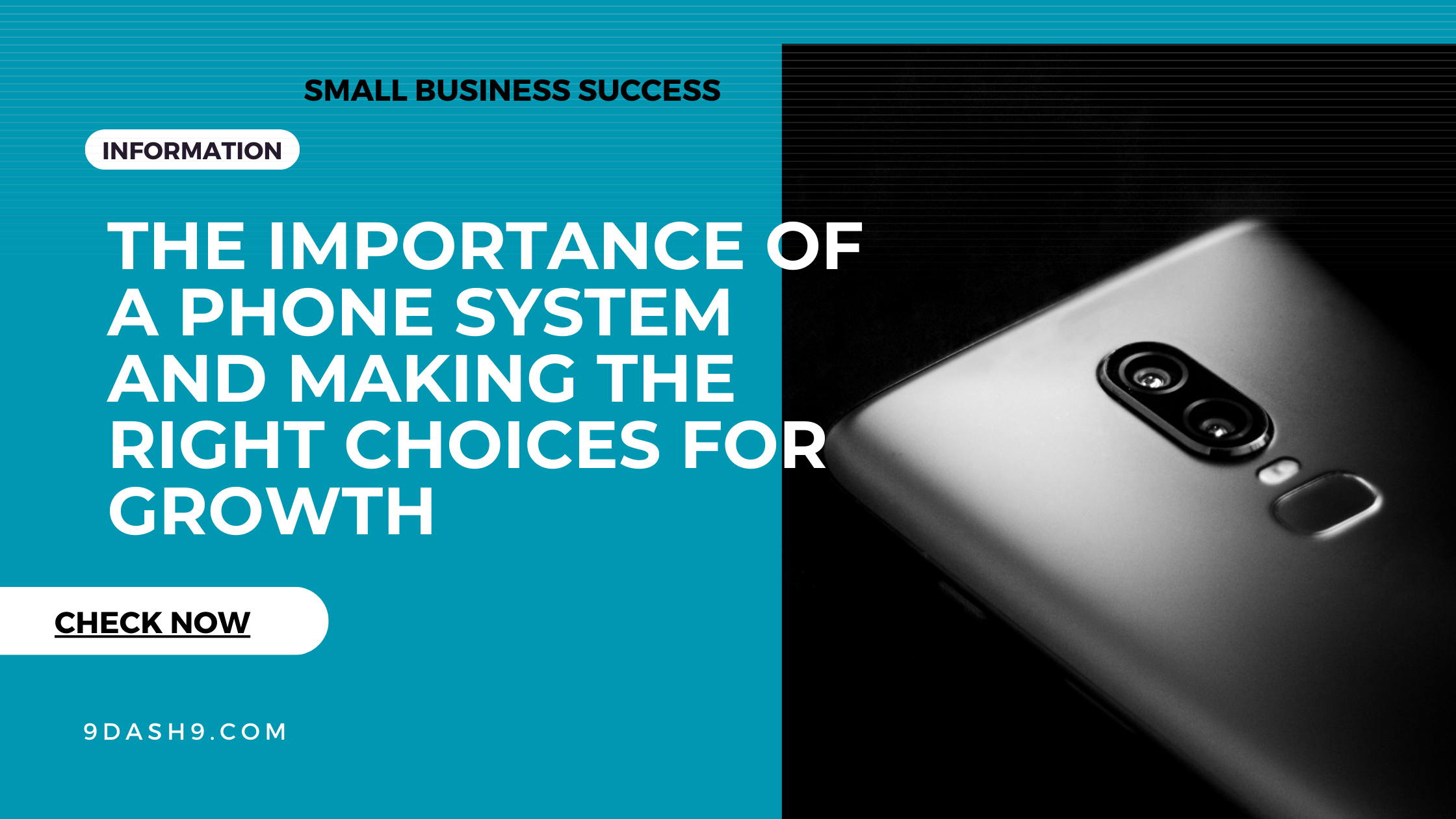Compliance
Compliance
9dash9’s servers are located
in Equinix around the United States. These data centers are certified in the following:
SOC1 TYPE 1
SOC1 is an American Institute of Certified Public Accountants (AICPA) report used to document controls
relevant to an organization’s Internal Controls over Financial Reporting (ICFR). The report focuses on an
organization’s services provided, along with supporting processes, policies, procedures, personnel and
operational activities that constitute the core activities relevant to users. The auditing standards for an SOC1
report include SSAE 16 and ISAE 3402.
SOC2 TYPE 2
A standard designed for technology companies, including: data centers, IT managed services, SaaS vendors,
cloud-computing based businesses and other technology. SOC2 criteria is based on the Trust Services
Principles (TSP) of security, availability, processing integrity, confidentiality and privacy as well as controls
outside of financial reporting.
ISO 27001
An internationally recognized best practice framework that specifies the requirements for establishing,
implementing, maintaining and continually improving an Information Security Management System (ISMS).
ISMS is a systematic approach to managing sensitive company information including people, processes and IT
systems.
ISO 27001
NIST 800-53 is published by the National Institute of Standards and Technology, which creates and promotes
the standards used by federal agencies to implement the Federal Information Security Management Act
(FISMA) and manage other programs designed to protect information and promote information security.
Agencies are expected to meet NIST guidelines and standards within one year of publication. National security
is not included in these standards.
NIST 800-53/FISMA
NIST 800-53 is published by the National Institute of Standards and Technology, which creates and promotes
the standards used by federal agencies to implement the Federal Information Security Management Act
(FISMA) and manage other programs designed to protect information and promote information security.
Agencies are expected to meet NIST guidelines and standards within one year of publication. National security
is not included in these standards.
PCI DSS
The PCI Security Standards Council offers comprehensive standards and supporting materials to enhance
data security for payment cards. They include a framework of specifications, tools, measurements and
support resources to help organizations ensure the safe handling of cardholder information at every step.
The keystone is the PCI Data Security Standard (PCI DSS), which provides an actionable framework for
developing a robust payment card data security process, including prevention, detection and appropriate
reaction to security incidents.
HIPAA
The Health Insurance Portability and Accountability Act (HIPAA) sets the standard for protecting
sensitive patient data. Any company that deals with protected health information (PHI) must ensure that
all the required physical, network, and process security measures are in place and followed. This includes:
covered entities (CE); all treatment providers; healthcare payment and operations; business associates;
personnel with access to patient information to provide support in treatment, payment or operations.
Subcontractors and business associates must also follow HIPAA compliance.
HDA/HADS
Hosting of health data is regulated under French law and aimed at protecting the confidentiality, integrity
and availability of patients’ data. Such hosting activity can only be implemented by a hosting service
provider (“HSP”) previously approved by the French Ministry of Health’s Shared Healthcare Information
Systems Agency (ASIP) via a Health Data Agreement (HDA).
OHSAS 18001/ISO 18001
OHSAS 18001, also referred to as ISO 18001, is the internationally accepted and recognized
management standard for occupational health and safety. The standard is used as a method of assessing
and auditing occupational health and safety management systems.
ISO 9001
ISO 9001 is a certified quality management system (QMS) for organizations who want to demonstrate
their ability to consistently provide products and services that meet the needs of their customers and
other relevant stakeholders.
ISO 22301
An international standard for Business Continuity Management (BCM), ISO 22301 replaces British
standard (BS) 25999. It specifies requirements to plan, establish, implement, operate, monitor, review,
maintain and continually improve a documented management system to prepare for, respond to and
recover from disruptive events such as natural disasters, environmental accidents, technology mishaps
and man-made crises.
SS 564
SS 564 helps organizations in Singapore establish systems and processes to improve the energy
efficiency of their data centers. The standard, modeled after the global ISO 50001 certification system,
outlines a detailed framework for data center energy and environmental management that’s tailored to
conditions in Singapore.
ISO 14001
ISO 14001, the most current version being ISO1400:2015, specifies the requirements for an
environmental management system that an organization can use to enhance its environmental
performance in a systematic manner that contributes to the environmental pillar of sustainability.
ISO 50001
ISO 50001, the most current version being ISO 50001:2011, specifies requirements for establishing,
implementing, maintaining and improving an energy management system, whose purpose is to enable an
organization to follow a systematic approach in achieving continual improvement of energy performance,
including efficiency, use and consumption. It has been designed to be used independently, but it can be
aligned or integrated with other management systems.
UpTime Institute
As an independent advisory organization, Uptime Institute is focused on improving the performance,
efficiency, and reliability of the business critical infrastructure that underlies today’s global information
economy. Uptime Institute is recognized worldwide for the creation and administration of the Tier
Standards & Certifications for Data Center Design, Construction (Facility) and Operational Sustainability.
FedRAMP
The Federal Risk and Authorization Management Program (FedRAMP) is a government-wide program
that provides a standardized approach to security assessment, authorization, and continuous monitoring
for cloud products and services. This approach uses a “do once, use many times” framework that will save
cost, time, and staff required to conduct redundant agency security assessments.
TSI
Trusted Site Infrastructure, introduced from TÜV-IT, is a catalogue of requirements on ten different areas
of a data center including areas such as environment, construction, firehandling, security, cabling, energy,
air, organization and documentation.
Sign Up for our Blog
Lorem ipsum dolor sit amet, consectetur adipiscing elit. Suspendisse varius enim in eros elementum tristique.
Latest blog posts
Lorem ipsum dolor sit amet, consectetur adipiscing elit. Suspendisse varius enim in eros elementum tristique.
- Jim Scott
- April 11, 2023
